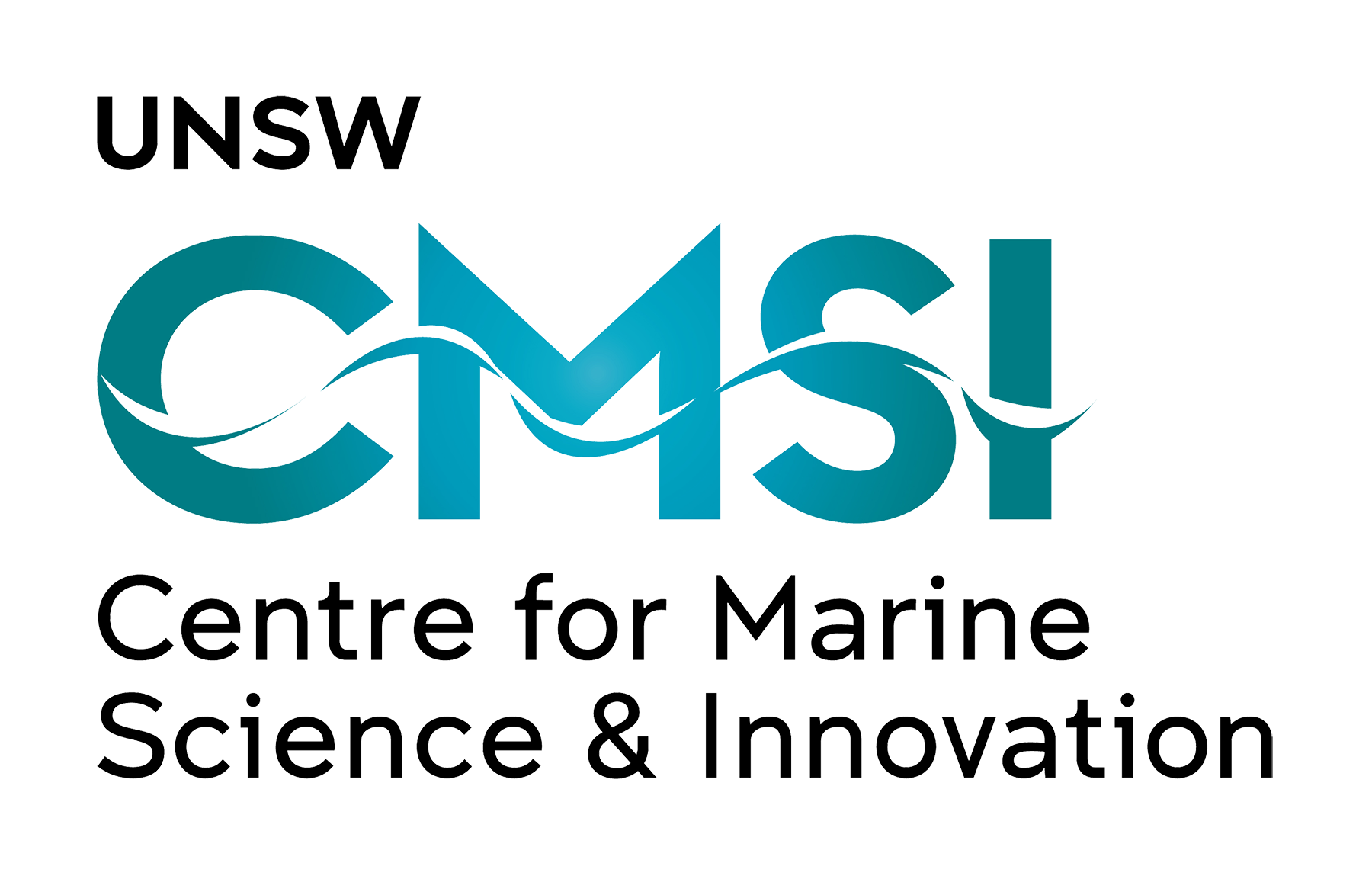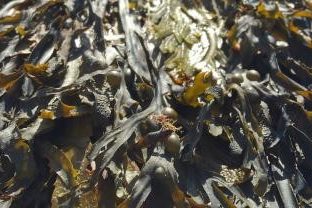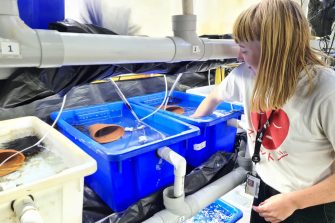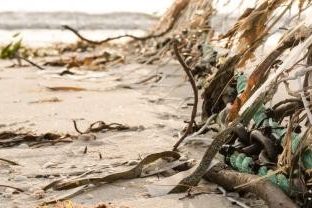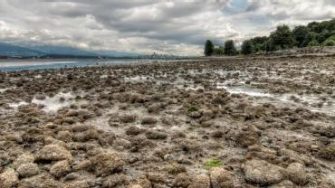
Marine heatwaves - periods of prolonged, anomalously warm upper ocean temperatures, often extending over large areas – can have major impacts on marine species and associated fisheries and can modify regional climate.
Yet marine heatwaves have received very little attention compared to terrestrial extremes. Working as part of a large multi-disciplinary international team, we're trying to understand these phenomena, how they are liked to large scale climate patterns like El Niño/La Niña, the local processes that initiate and terminate events and the ecological impacts that these events have.
Recent work by our team has:
- developed a new framework for identifying and categorising marine heatwaves that has seen broad uptake by the scientific community
- shown that the likelihood and severity of MHWs has increased dramatically over the past few decades as a result anthropogenic warming
- demonstrated that these events have negative ecosystem impacts across a range of species and functions .

